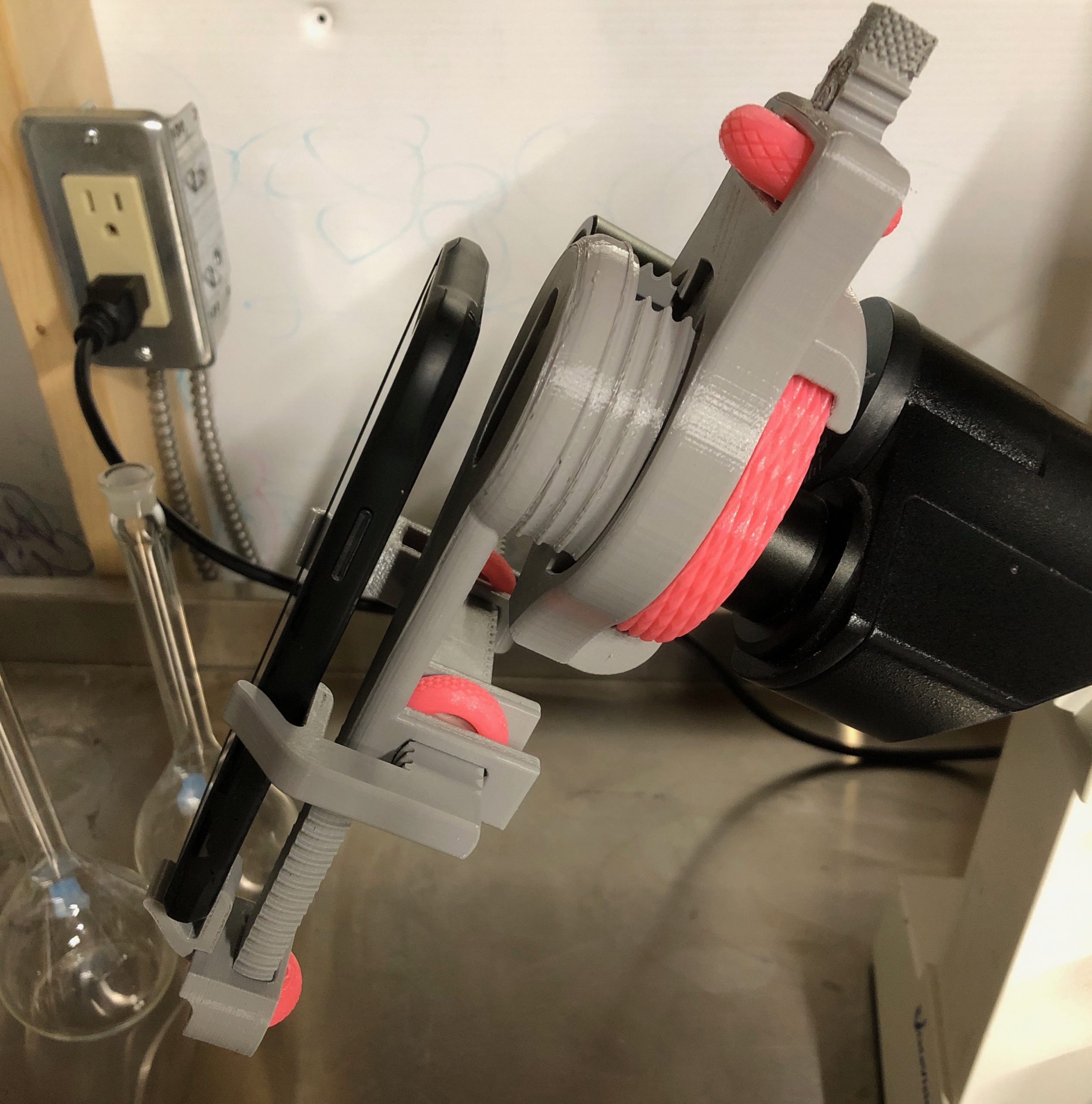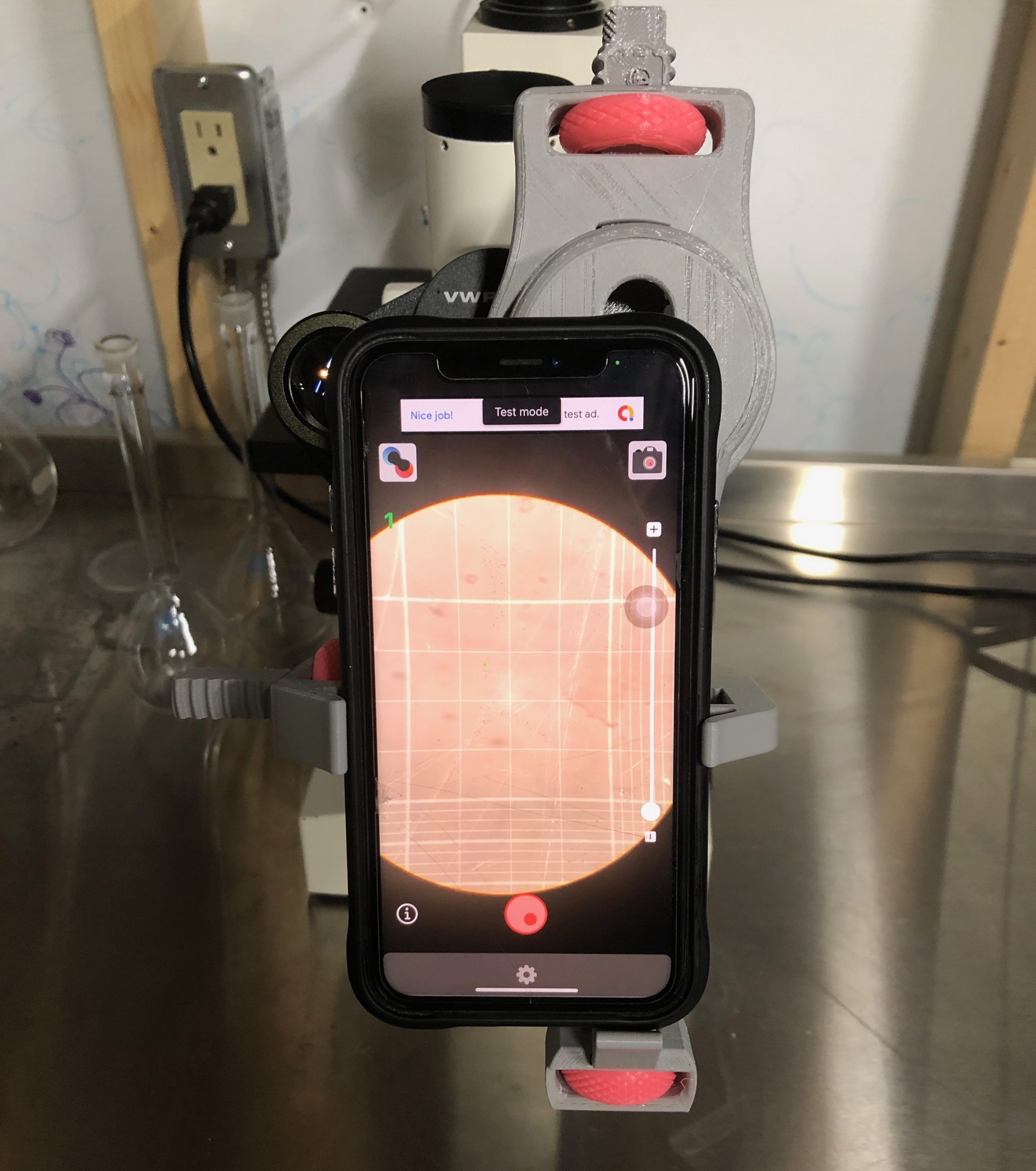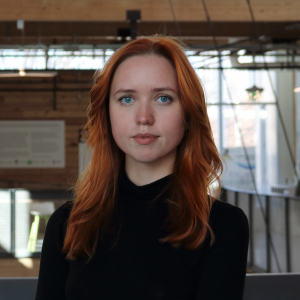Santiago Campuzano hopes to make manual cell counting a thing of the past. With help from a New Harvest seed grant, Santiago developed SCellyCus: a mobile cell counting app for iOS.
The app uses image analysis to detect and count cells in real time. It also does the math for you—handling the necessary calculations to determine the final concentration of cells.
“I found it mind boggling that manual cell counting remains the most popular method of cell counting, a foundational step for all cell culture experiments. Automated cell counters are often too costly or just not reliable enough. This inspired me to harness the power of our pocket computers.”
Santiago, a food scientist and tissue engineer by training, grew his resume to include “app developer” while working on this project. SCellyCus was coded in iOS coding language Swift, which he taught himself by “reading A LOT of blogs, watching A LOT of videos and spending A LOT of hours troubleshooting.”
Santiago also taught himself the 3D modeling software Fusion 360, which he used to design and 3D print a custom microscope-cell phone adapter that improves the quality of the phone image for better accuracy.

Side view of SCellyCus in action with the custom adapter. Although a wide variety of cellphone-microscope adapters can also be found at Amazon, Santiago found them difficult to fine-tune. (Photo by Santiago Campuzano)
Why is this important for cultured meat?
Cultured meat researchers spend a lot of time counting cells.
Cell counting is so fundamental because it sets the baseline for success for all experiments. If cells are dying, for example, something in the culture formulation must be toxic. And if cells are growing more prolifically, something in the culture formulation is working to improve the efficiency of growing tissue.
Both of those assessments are key to optimizing the production of cultured meat, and both are only possible if the researcher knows how many cells they started with and ended with.
Long story short, most New Harvest research fellows (and in fact, most cell biologists at large) need to count cells before and after many experiments. That makes SCellyCus an invaluable tool for the scientific community, in and out of cellular agriculture, to improve throughput and reduce subjectivity in cell counting.
How you can help
Santiago needs support in the form of images and feedback from the scientific community. He is actively looking for beta testers.
To become a beta tester, contact Santiago at therealcellfie@gmail.com or DM him on Twitter.
This Beta V0 will be distributed through TestFlight, Apple’s Beta testing platform.
Please note that the quality of the image will have a major impact on the performance of the app. Santiago recommends using a microscope-cellphone adapter to align the camera lens with the eyepiece.
He designed a SCellyCus-approved 3D printable adapter, and made it available, open source, on “Thingiverse” here.



